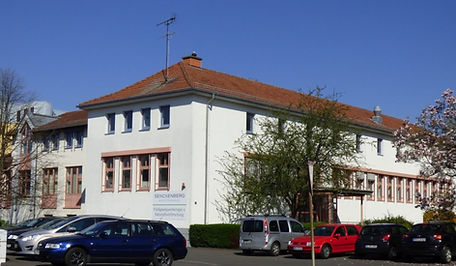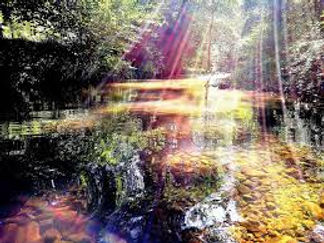
Phillip J. Haubrock
I started my scientific carrer at the University of Kassel (Germany) where I studied Biology with a focus on Limnology and Physiology. For my Diploma, I investigated the biogeographic dispersal of Thaumaleidae (Diptera) in Europe under the supervison of Prof. Rüdiger Wagner. After completing my Diploma, I monitored amphibian populations in the nature reserve Dönche, which were indicating substantial stress from habitat degredation and loss.
Formerly an Early Stage Resarcher of the Marie S. Curie ITN "Aquainvad-ED", I was based at the company NEMO (Nature and Environment Management Operators) and the University of Florence (Italy). Here, I studied impacts and trophic interactions of aquatic non-native species in freshwater ecosystems. My main research focus was the crayfish Procambarus clarkii and several fishes Ictalurus punctatus, Lepomis gibbosus, Micropterus salmoides, and Silurus glanis).

As part of these three years as a Marie S. Curie fellow, I conducted my 6 months-secondment at Ecohydros s.r.l. in Cantabria, Spain where I helped monitor native and manage invasive fish species populations. Further, I participated in various ITN-internal workshops in Wales, Spain, and Florence.

As of august 2025, I am once again a Marie S. Curie fellow, but this time as PostDoctoral Researcher, working with Prof. Rob Britton at the University of Bournemouth, UK. The aim will be to predict the impacts of river reconnection, biological invasions, and climate change for the conservation of endangered cold-water fishes in Europe.




After my PhD, I started working in the Department of River Ecology and Conservation at the Senckenberg Research Institute and Natural History Museum Frankfurt. Although my profound interest on aquatic ecology and invasive species remained, I am now using long term data biomonitoring data to investigate the effects of stressors (climate change, pollution, invasive species) on stream quality and community compositions.

Besides, since 2020 I am affiliated with the Faculty of Fisheries and Protection of Waters of University of South Bohemia in České Budějovice. In this ongoing collaboration with Prof. Antonin Kouba, we investigate all aspects related to the success of non-native crustaceans in Europe.
















